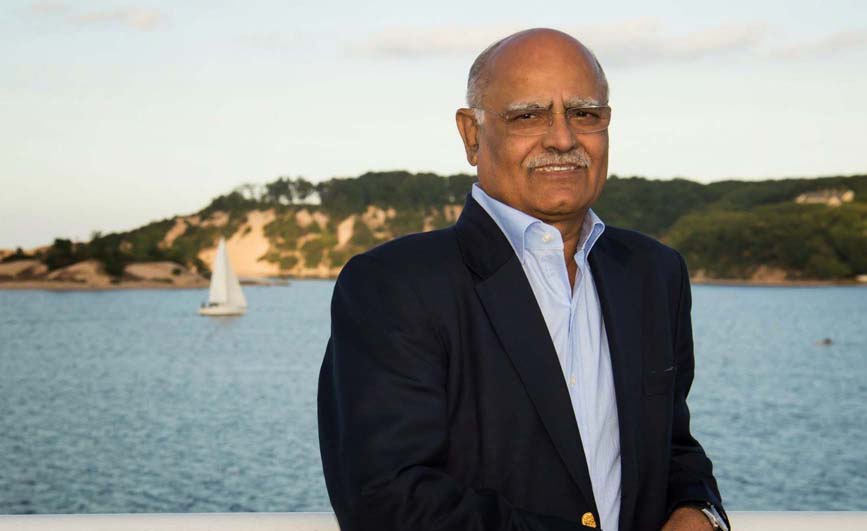An early mandate is needed to restore purpose to the policy-making apparatus
Credible governance does not imply statistical sleight of hand. Being in office doesn’t necessarily mean that one is in power; it is also an issue of perception. The UPA can boast of its achievements by trotting out numbers, painting a rosy picture of the state of the nation. The recent series of government-sponsored advertisements are impressive in colour, content and design. Even some administrative and legislative measures announced by the UPA reflect a resolve to govern and deliver. But nothing seems to be working on the ground. All meaningful measures are falling on deaf ears as if the government is merely blowing its own trumpet. The rupee is sliding faster than oil seepage. GDP growth has hit rock bottom and the Sensex, the darling of the market-friendly UPA government, has lost its patrons. Its fall has broken over a dozen records. Despite a liberal FDI policy, more and more dollars are flying out of the country and less and less domestic and foreign investors are willing to invest in new projects. The government’s ability to push through crucial legislative measures has been immensely crippled by its untrustworthy allies who are asking for more and more for less and less support. None, including the Prime Minister, is confident about political support from allies to push business in Parliament. For the past six months, even the hyperactive, articulate minister for parliamentary affairs, Kamal Nath, has failed to ensure the passage of crucial bills in the last two sessions. Short of pleading on bended knees, government leaders are seen pitifully begging for support from even individual MPs to run Parliament. Of late, whispers are heard in the corridors of power on the possibility of holding early Lok Sabha polls which are due in April 2014. The Election Commission has placed orders for over two lakh additional EVMs for elections to the state Assemblies and the Lok Sabha.
The government’s logic is simply political—a government and a big council of ministers meet every week and takes decisions that fail to deliver dividends. It is in power by default, not by right. This perception is hurting performance. Every section of society, from farmers to fund-raisers, feels that this government doesn’t command authority and credibility. It is in office only because none of its allies are willing to go for early polls, but successfully keep extracting crumbs from a tottering administration. It survives by pandering to both reasonable and unreasonable demands of genuine and fake allies. Nitish Kumar has got more from the UPA in grants than he would have otherwise, if the government was firmly in the saddle.
As the popularity of the once most respected Prime Minister Manmohan Singh plummets, some of the saner Congress leaders are wondering whether the party should go for early elections—both for the Lok Sabha and the five state Assemblies—to restore the government’s authority. They feel that it is better to take a risky plunge rather than lose badly. The younger elements are resigned to sitting in the Opposition hoping they can return to power after a brief spell of chaos. Even some prominent economists have started building a case for early elections so that the economic decision-making process is back on the rails. Their case is simple. The UPA has lost the will to govern, with the PM being concerned more about the fate of the Indo-Pak dialogue than the state of the party. A new mandate would restore purpose to the policy-making apparatus. A new government, irrespective of composition, would be better placed to take decisive actions, whether on reviving the sagging economy or facing hostilities across the borders. Senior government officials have stopped processing files and proposals because they feel no decision taken by the outgoing government would be implemented. They prefer to wait for an incoming government with a clear mandate and not follow orders from an outgoing one that has lost both authority and purpose.
There are strong economic and political reasons for a mid-term poll. Ever since the Lok Sabha polls were delinked from state Assembly elections in 1980, India has been going through the torture of the ballot almost every year, leaving the government paralysed for one-third of the time. For example, notifications for the five state elections in Delhi, Madhya Pradesh, Rajasthan, Chhattisgarh and Mizoram will be issued next month. It means that neither these states nor the Central government can take policy decisions until the elections are over by end of November. Once the new state governments are sworn in, the bell for the Lok Sabha elections would start pealing; no Central government decision can be made until May 2014. Practically, there would be no effective government in the country from September to next May. It is to prevent such policy paralysis that the idea to hold both the Lok Sabha and the Assembly elections together has been mooted by a few political leaders and economists. Bhairon Singh Shekhawat, the late Vice-President, had suggested to all parties to dissolve their state Assemblies before the 2004 Lok Sabha elections so that the country could elect their MPs and MLAs at the same time and save over Rs10, 000 crore spent on conducting elections. His idea, aimed at ensuring the continuity of good governance without the fear of facing an election every year, was rejected by most parties, including his own. For India’s caste- and community-ridden political parties, good governance makes bad politics. For them, frequent elections bring both money and muscle power into the public arena.
prabhuchawla@newindianexpress.com; Follow me on Twitter @PrabhuChawla


No comments:
Post a Comment